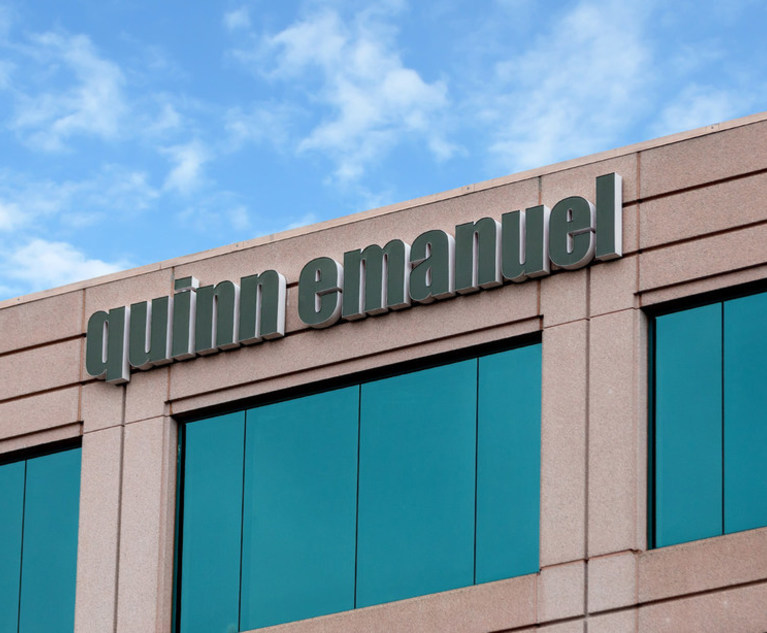Happy Thanksgiving, everyone, and thanks for reading Supreme Court Brief before ending your work week! We have some Supreme Court-related Thanksgiving food tips for you, as well as two newsy items: how Williams & Connolly Supreme Court veteran Kannon Shanmugam deftly handled an epic-length question from Justice Breyer, and an appraisal of the Constitutional Accountability Center on its tenth anniversary. We’ll return next week when the court resumes hearing oral arguments. Feedback welcomed at [email protected] and [email protected].

Breyer’s Epic Question, Shanmugam’s Nimble Answer
The Supreme Court’s helpful guide for counsel who are planning to argue cases offers memorable anecdotes of exemplary lawyers who handled arguments well.






